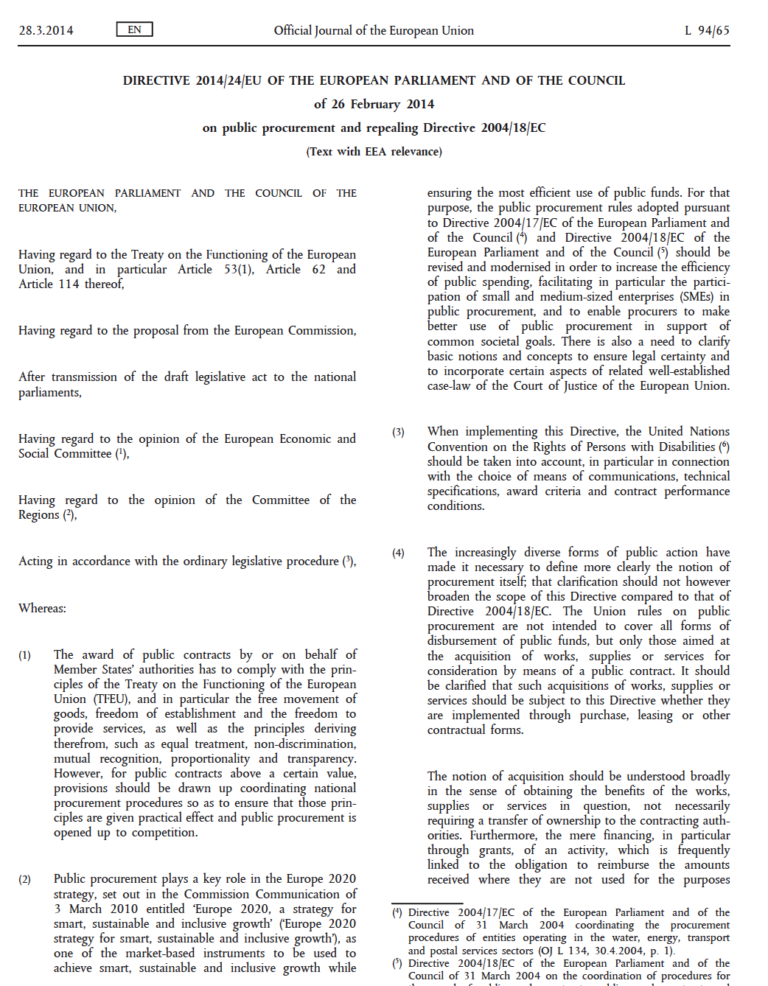Modern Slavery: Commitments by the UK Government
LegislationAn overview of the commitments made by the Government in relation to Part 5 (Modern Slavery) of the Nationality and Borders Act 2022. On 28th April 2022, the Nationality and Borders Act (the ‘Act’) passed into law. During the Bill’s passage th...Read More

